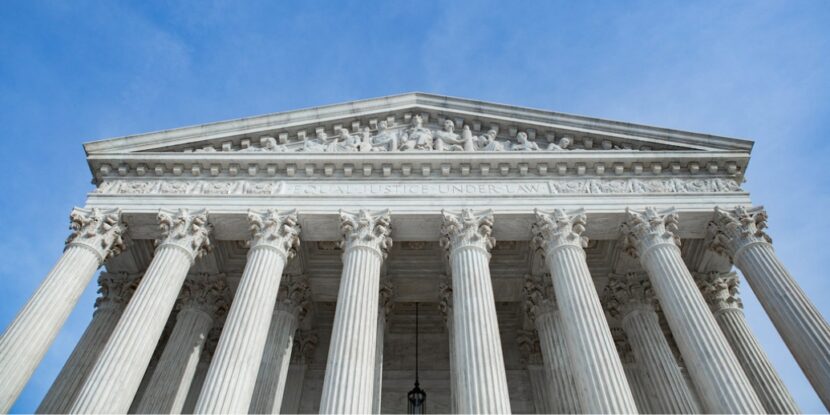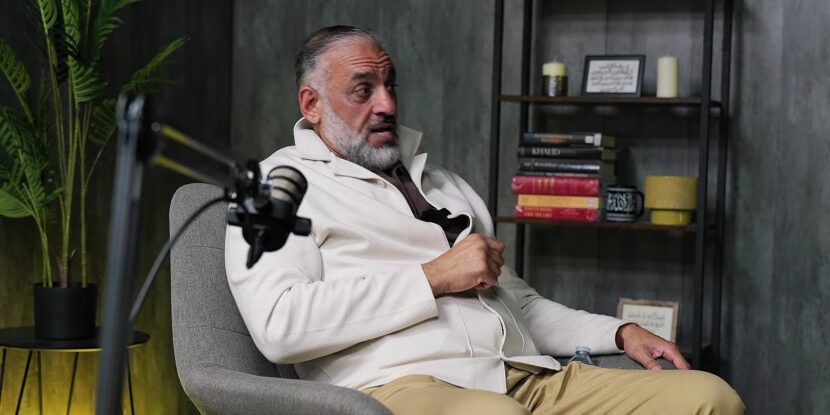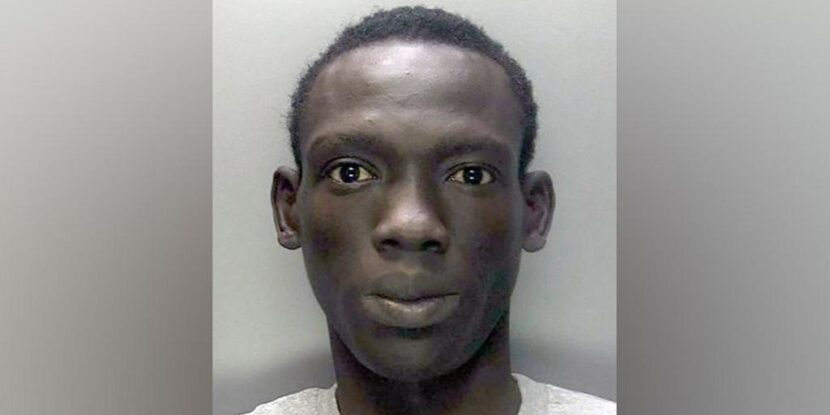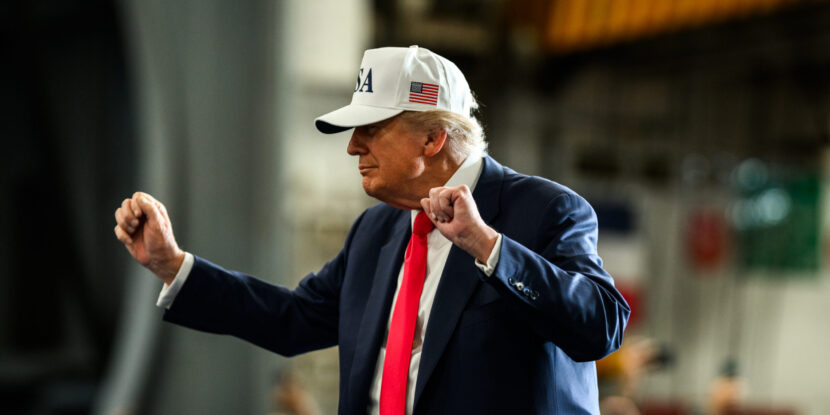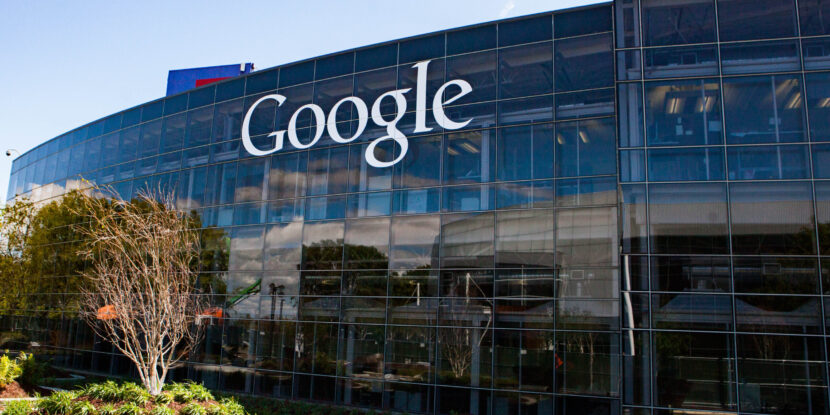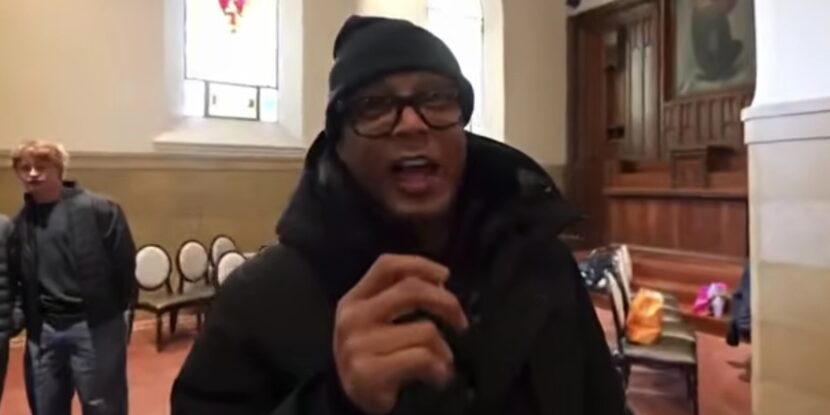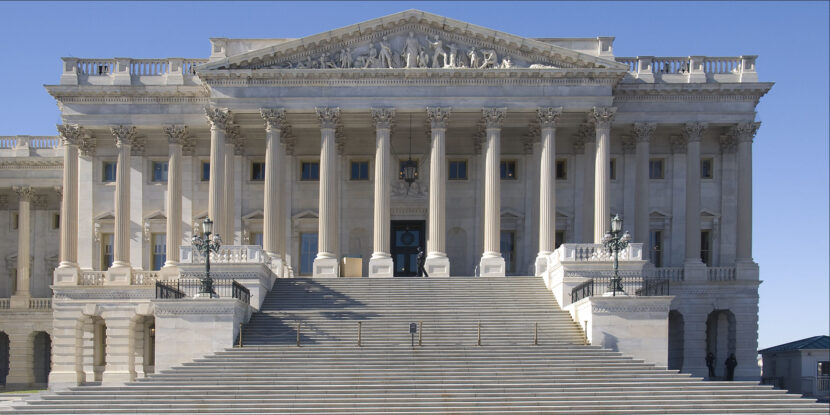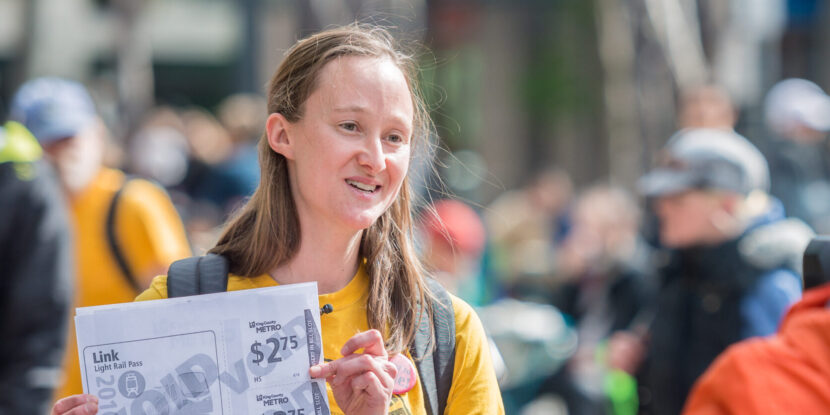The United States Supreme Court upheld the illegality of government officials accepting bribes in one of the strangest cases of the court’s term. In Snyder v. United States, all nine justices held that federal law prohibits state and local government officials from agreeing to and accepting bribes.
However, in addressing a specific statute—18 U. S. C. §666—the Supreme Court split six to three over whether the law applies to so-called ‘gratuities.’ The majority determined that “…666 proscribes bribes to state and local officials but does not make it a crime for those officials to accept gratuities for their past acts.” The justices reasoned that other federal statutes likely covered the issue of gratuities, but the specific language of 18 U. S. C. §666 only applies to bribes.
WHEN IS A BRIBE NOT A BRIBE?
Snyder v. United States stems from a challenge filed by James Snyder, the former mayor of Portage, Indiana. In 2013, as mayor, Snyder had awarded several city contracts to two firms that would supply garbage trucks. Later, the mayor received a $13,000 check from one of those firms. Snyder claims the check was a payment for consulting work. However, federal prosecutors contended—and a jury agreed—that the payment was a gratuity for awarding the contracts. Snyder was convicted under 18 U. S. C. §666 and sentenced to just over a year and a half in prison.
BIDEN’S DOJ USED THE WRONG LAW.
The Department of Justice (DOJ)’s use of 18 U.S. C. §666 was challenged by Snyder, whose attorneys argue that “§666 criminalizes only bribes, not gratuities.” Six of the justices agreed with Snyder’s position, as the statute does not explicitly apply to payments deemed gratuities. The court ruled that because of the timing and lack of formal agreement regarding a quid pro quo, the payment to Snyder is not covered under §666—though Justice Brett Kavanaugh concedes the payment may still be illegal under other federal statutes. Snyder’s bribery conviction, the court determined, should be vacated.
Snyder v. United States isn’t the only challenge to the DOJ‘s application of a statute that doesn’t necessarily apply to the crimes they allege. The Supreme Court will also rule on Fischer v. United States this term, which challenges the Biden DOJ’s use of enhanced “obstruction of an official proceeding” charges found in the Sarbanes-Oxley financial crimes bill for over 300 January 6 U.S. Capitol riot cases.
